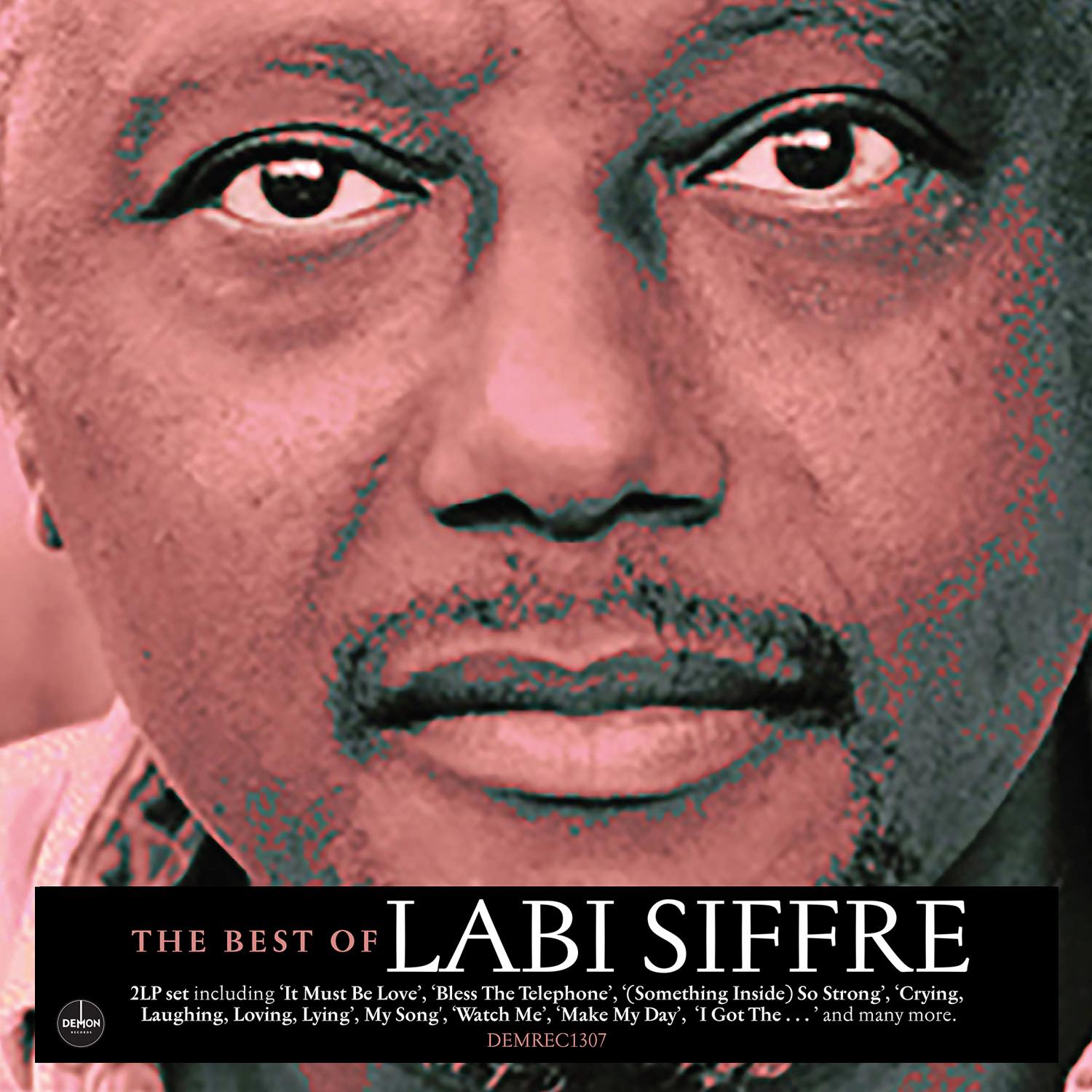Labi Siffre
The Best of Labi Siffre
DEMON/EDSEL
If London-born poet, songwriter, and vocalist Labi Siffre was responsible for nothing else from his earliest years of making poignant, fluid, deep-groove soul, jazz, funk, and folk, the 80-year-old icon contributed molten-lava-thick, sample-worthy tracks for Dr. Dre (Siffre’s “I Got The” for Eminem’s “My Name Is”), Kanye West (“My Song” for “I Wonder”), and other clever hip-hop music-makers. That’s a big “if.” For the Afro-Barbadian/British Nigerian Liffre made a lifetime’s worth of genius R&B in just five year’s time with six crisp, potently soulful albums recorded between 1970 and 1975 before returning to release three additional records between 1988 and 1998.
Liffre’s brooding ballads and spicy uptempo tracks have a correlation in classic ’70s soul singing-songwriters such as Bill Withers, who also had a folksy lean to his work. But it’s Liffre’s world-weary yet hopeful poetry and his ever-present, memorably melodic lilt that gave songs such as “I Got The” and “It Must Be Love” a powerful sense of ascension that was certainly unmatched in its time. Another thing that made Liffre solidly and soulfully unique from contemporaries like Withers is that his music and lyrics held a sense of momentum, something that volcanically burst forth on uplifting anthems such as “(Something Inside) So Strong.” With that, Liffre could do grandeur as well as he could do intimacy with a simple song such as “Bless This Telephone,” or his blissful ballad “Crying Laughing Loving Lying.”
All of which appear on the newly released 37-track collection The Best of Labi Siffre, which lands in the wake of a small resurgence via prominent needle drops in recent film fest favorites The Holdovers and the forthcoming Sentimental Value. While a large part of his flowing, funking musicality and intense and intimate sonic vibe comes from his earliest days as a burgeoning jazz guitarist, much of the powerful emotive qualities of his poetic lyrics and his close-talking, conversational vocal rapport likely stem from being a gay, mixed-race Black man at a time when such could have made him an outsider. Whether Labi Siffre was whispering or yelling, he had something to say. And when he put it all to music—to quote Lady Miss Kier—his groove was in the heart.







